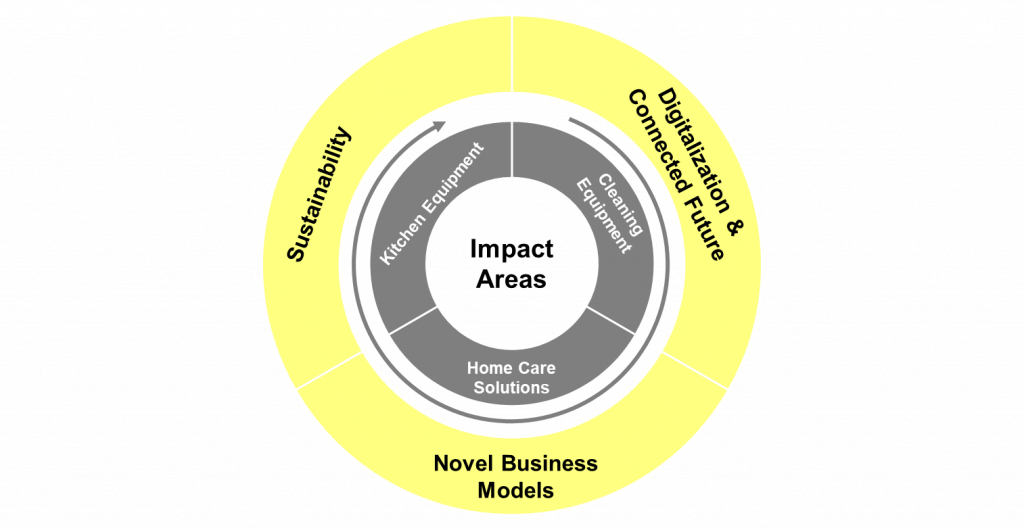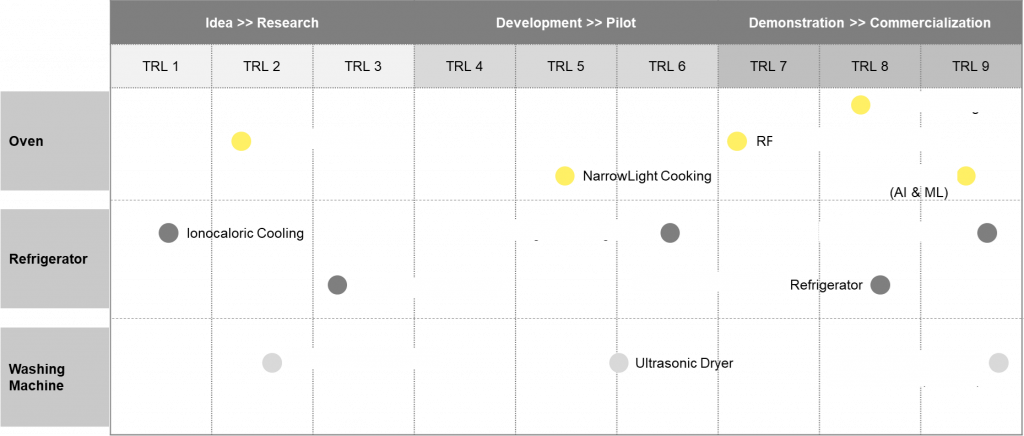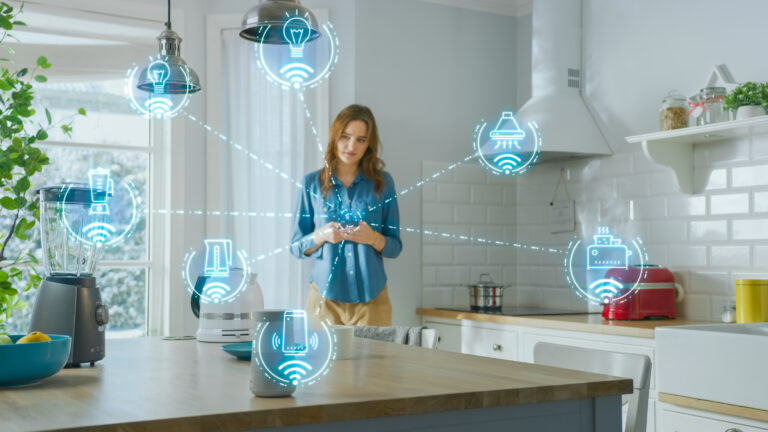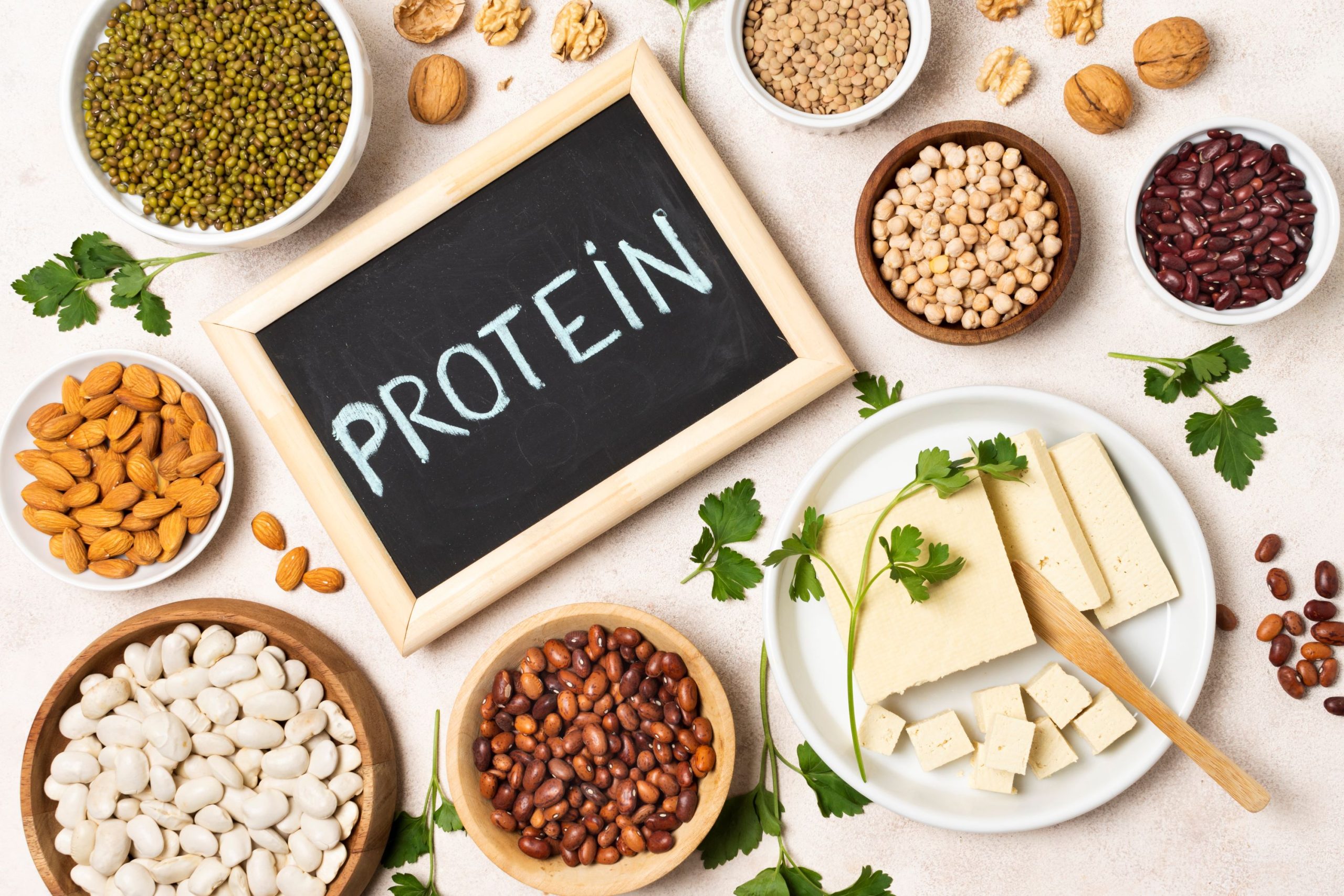Revolutionizing the Way We Live: Exploring the Exciting Future of Appliances
The future of appliances appears to be an intriguing and transformative realm poised to redefine domestic living. As part of this paradigm shift, we anticipate home appliances with enhanced cognitive capabilities, facilitated by artificial intelligence and machine learning. These cognitive appliances must adapt to user preferences intuitively, learning usage patterns and making informed decisions to optimise performance and energy consumption.
Consider a refrigerator that anticipates grocery needs, a washing machine that detects fabric types and dirt levels, or a thermostat that adjusts temperature based on occupant comfort patterns.
Furthermore, smart home technology’s trajectory will propel these appliances into a unified ecosystem, fostering seamless communication and interoperability. This interconnectedness will culminate in an orchestrated symphony of appliances working together to improve convenience and efficiency. For instance, a smart oven could synchronize with a recipe app, preheating itself to the precise temperature and duration required, while the corresponding smart chopping board alerts users to the next ingredient.
The future also signals unprecedented advancements in sustainability and environmental friendliness. Home appliances must include energy-efficient features, such as harnessing renewable energy sources and incorporating recyclable materials. This sustainable ethos will go beyond functionality, as smart appliances will provide users with real-time insights into energy consumption, allowing them to make more informed choices for a greener lifestyle.
By 2030, the market for white goods is anticipated to be worth USD 64.69 billion, growing at a CAGR of 8.6%. The market is expanding as a result of several factors, including the increasing number of smart homes that are being built throughout the world and the quick development of the IT infrastructure. The driving factor is the need to protect the environment from damaging effluents such as greenhouse gases (GHG) and toxic wastes, as well as shifting demographic choices.

Key Findings
- Miele uses intelligent sensors to adjust the cooling temperature of refrigerators based on the amount of food stored, which helps to reduce energy consumption
- Electrolux, in partnership with Stena Recycling, develops vacuum cleaners made from 100% recycled materials
- Under a joint venture of BSH, Siemens, and Bosch developed camera and AI-integrated oven
- Leading manufacturers join to form the Home Connectivity Alliance (HCA) to make devices and apps work together across brands
Key Technologies

Key Innovations
- Liebherr is more focused on refrigeration. For example, Liebherr patented a device for generating mist in refrigerators and freezers (EP4158262A1)
- Siemens and Bosch are working on design improvements and automatically operating smart washing machines and dishwashers. Their origin of patents from various countries positions them as global leaders in innovation.
- Miele is majorly focusing on laundering appliances such as washing machines. Also, its innovation comes from Germany, where its headquarters is located.
For more information on new business models, digitalization & connected solutions, Download the report now.
Let's Take the Conversation Forward
Reach out to Stellarix experts for tailored solutions to streamline your operations and achieve
measurable business excellence.



